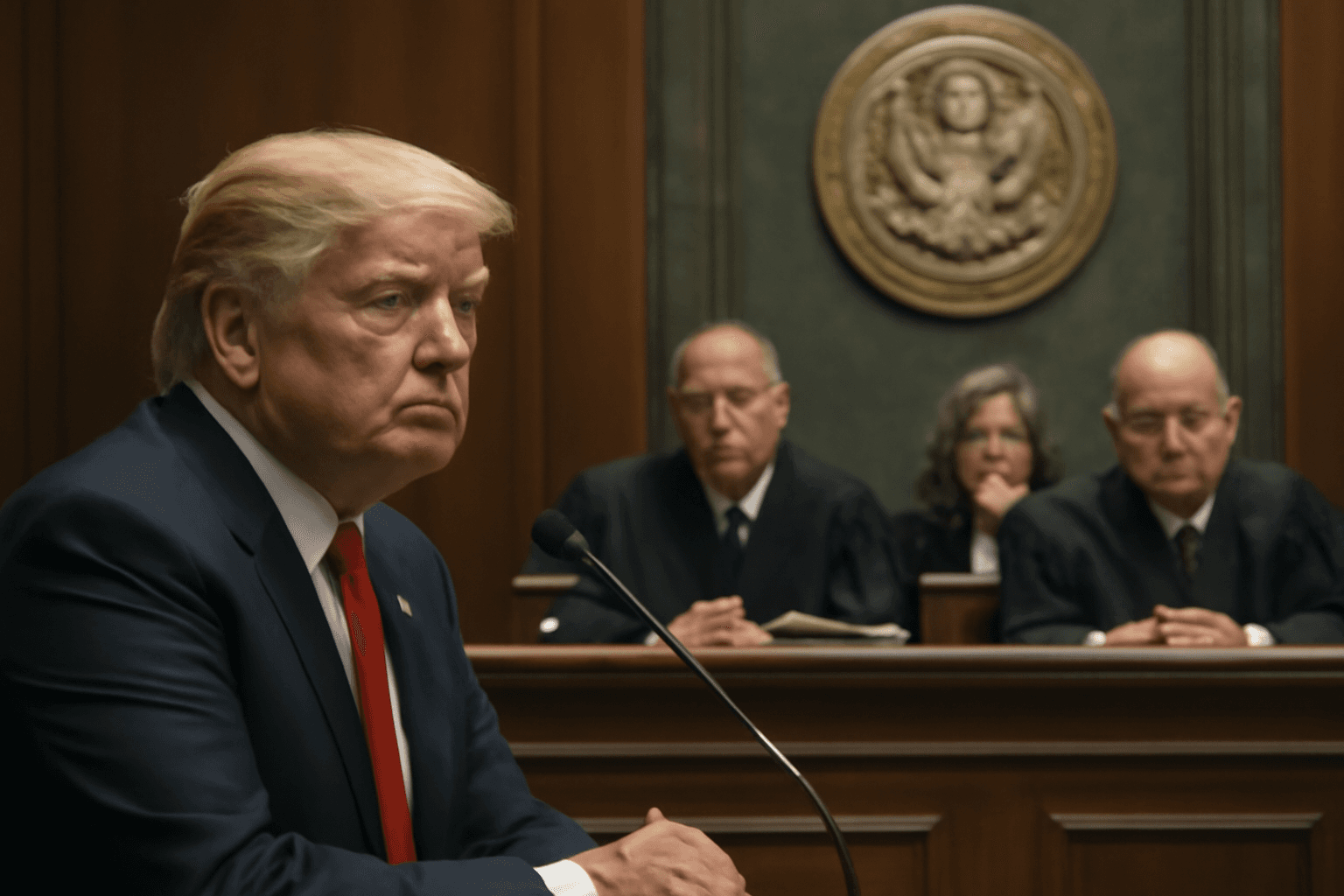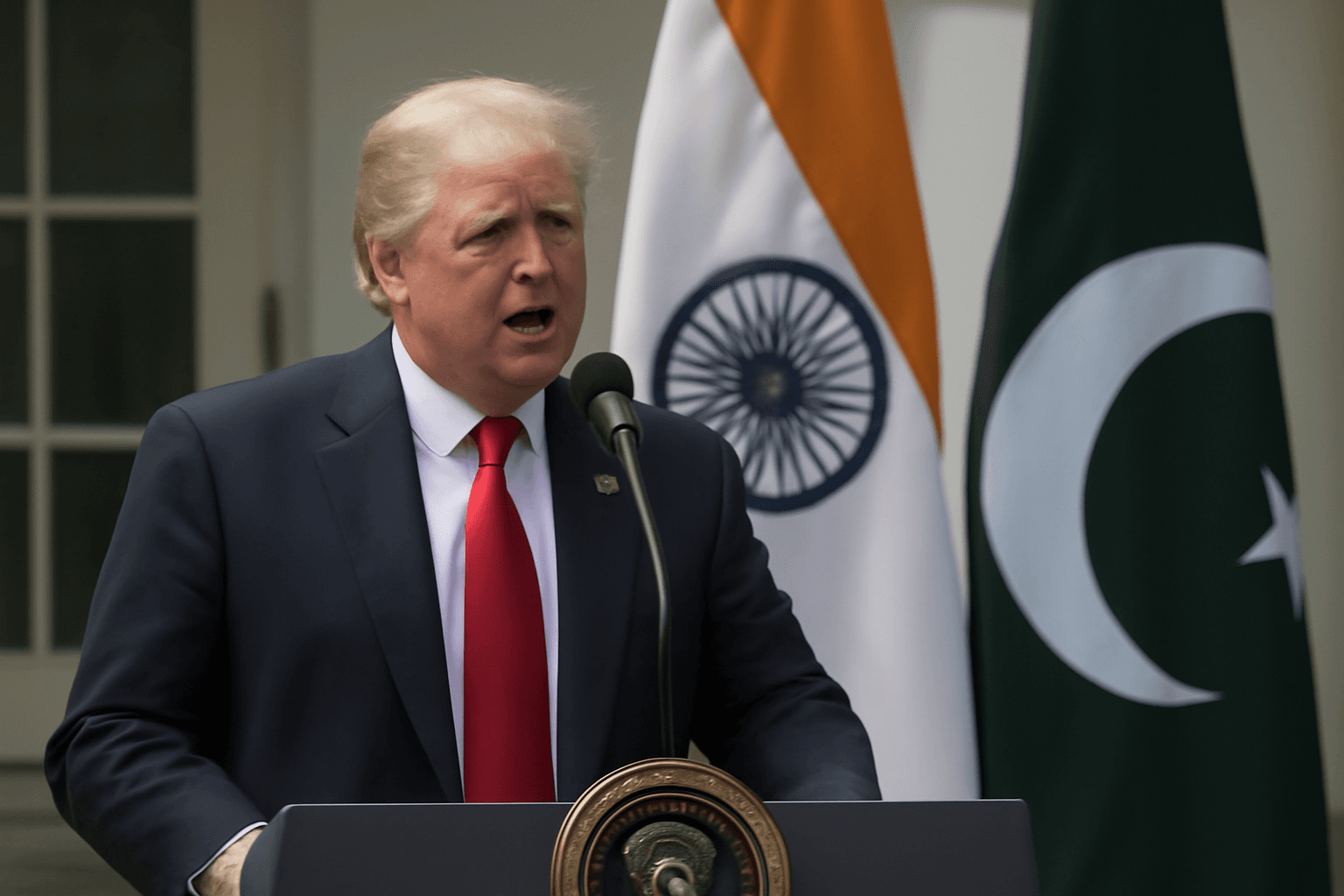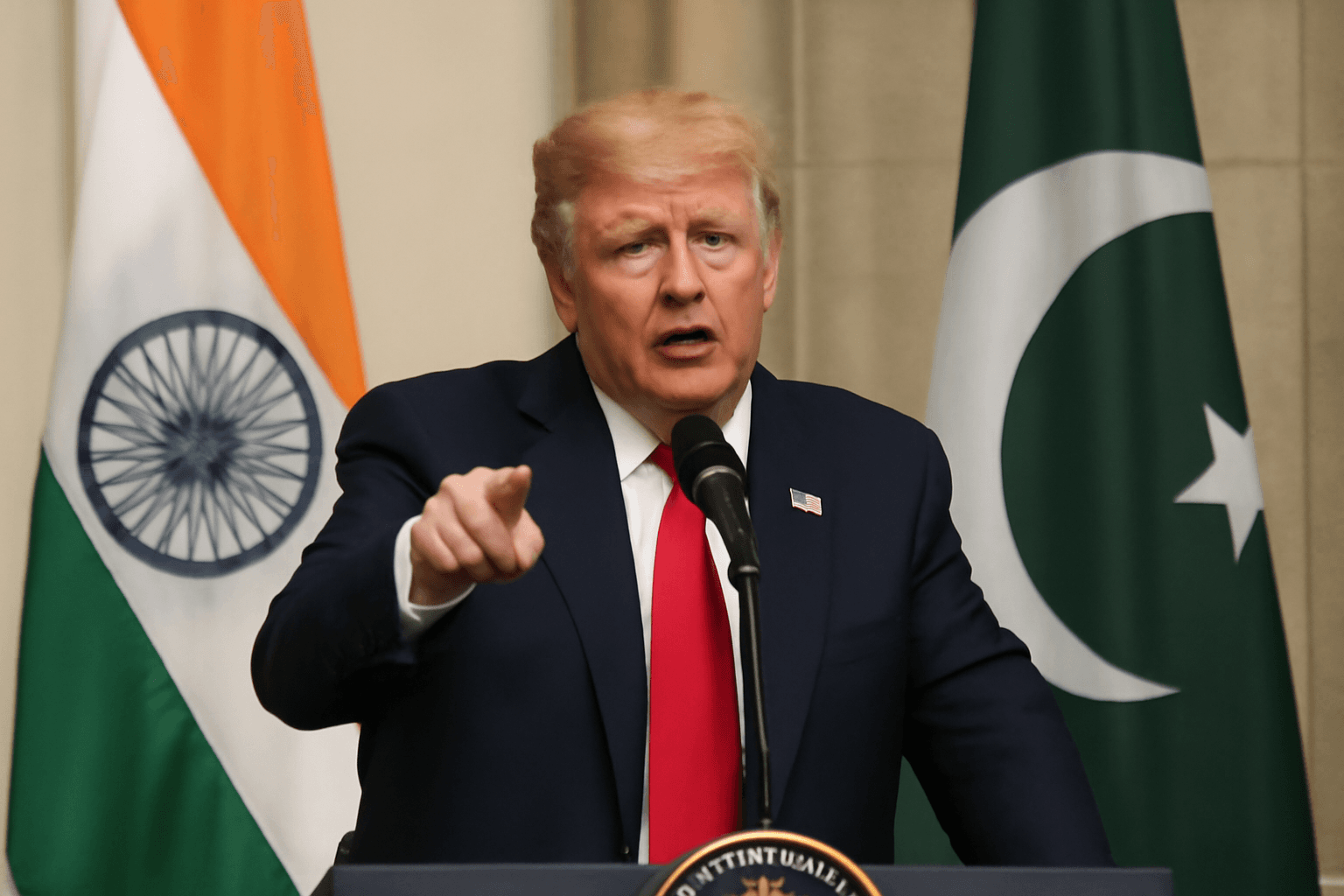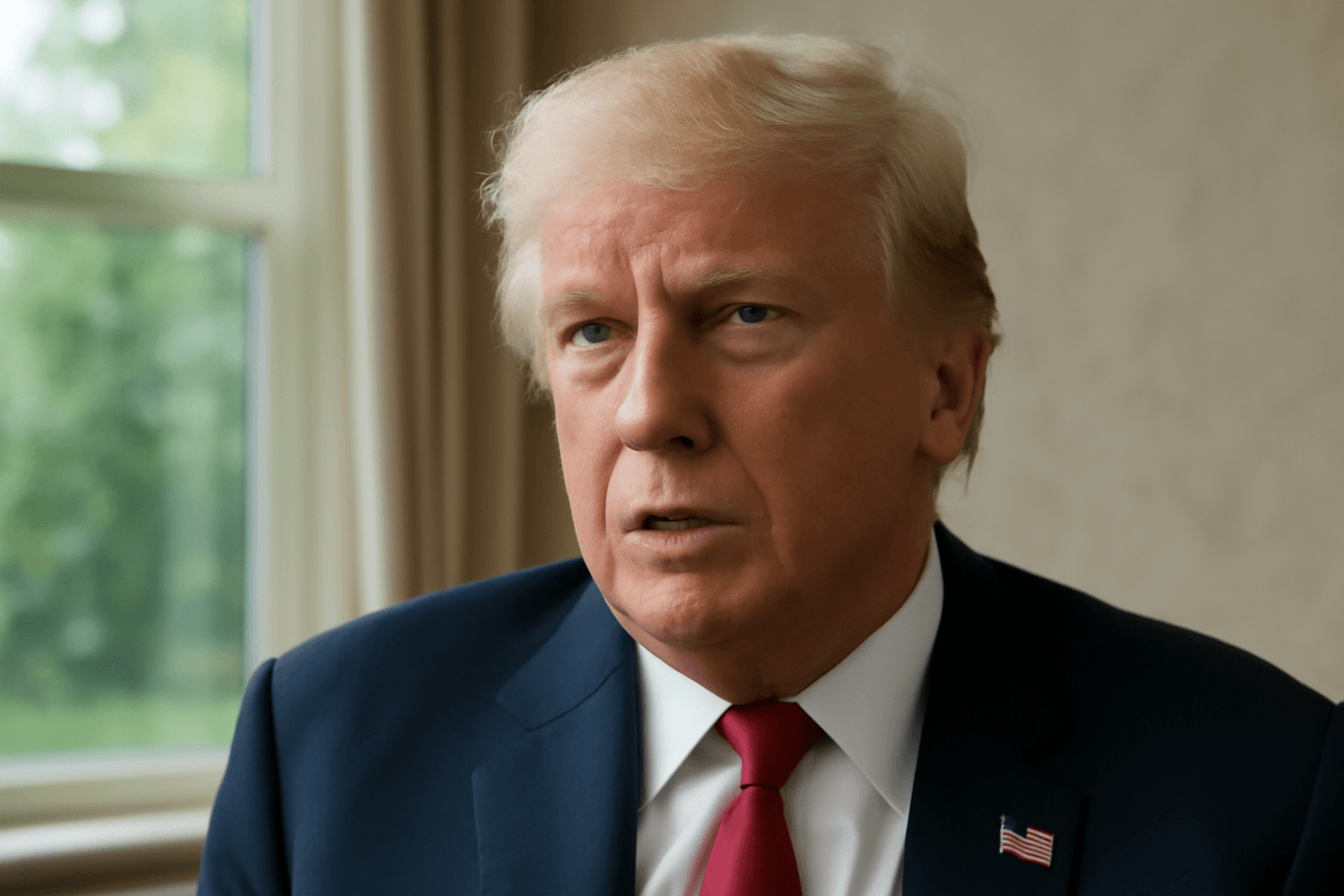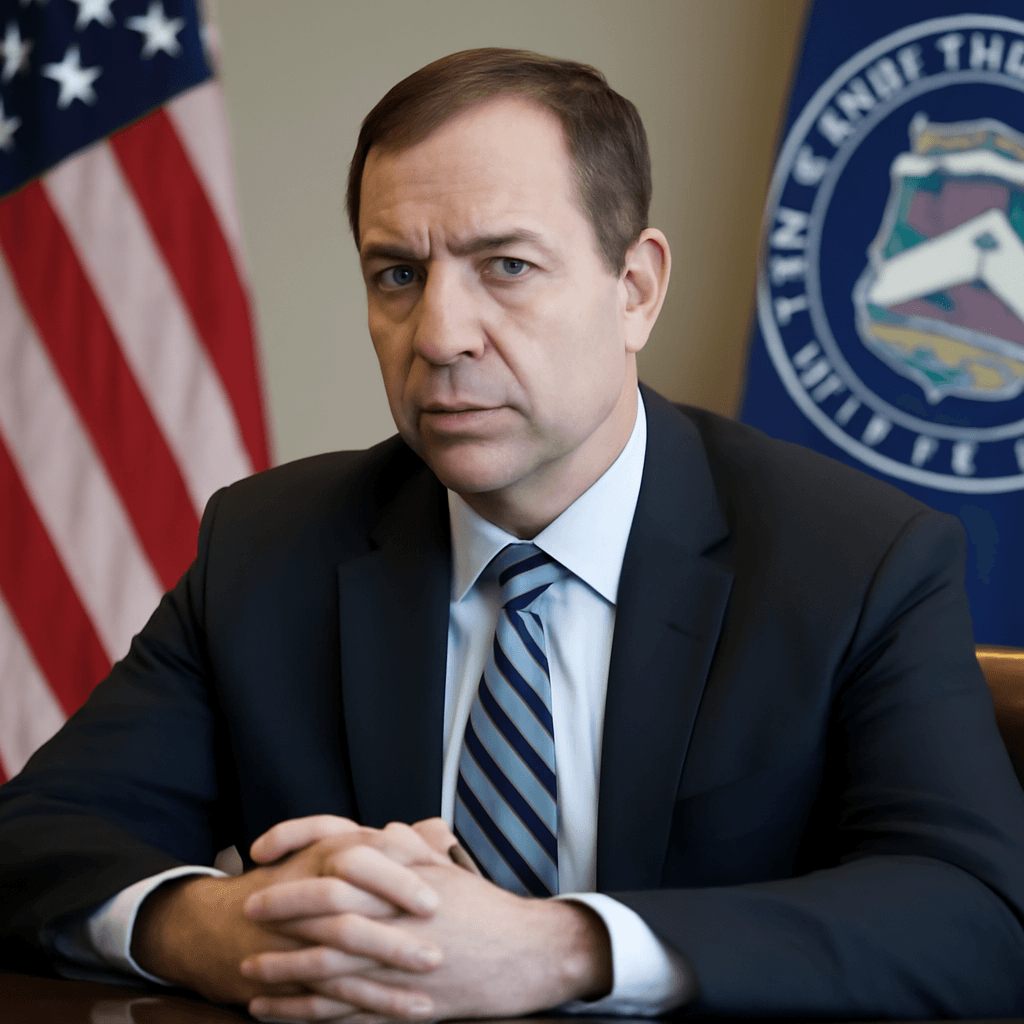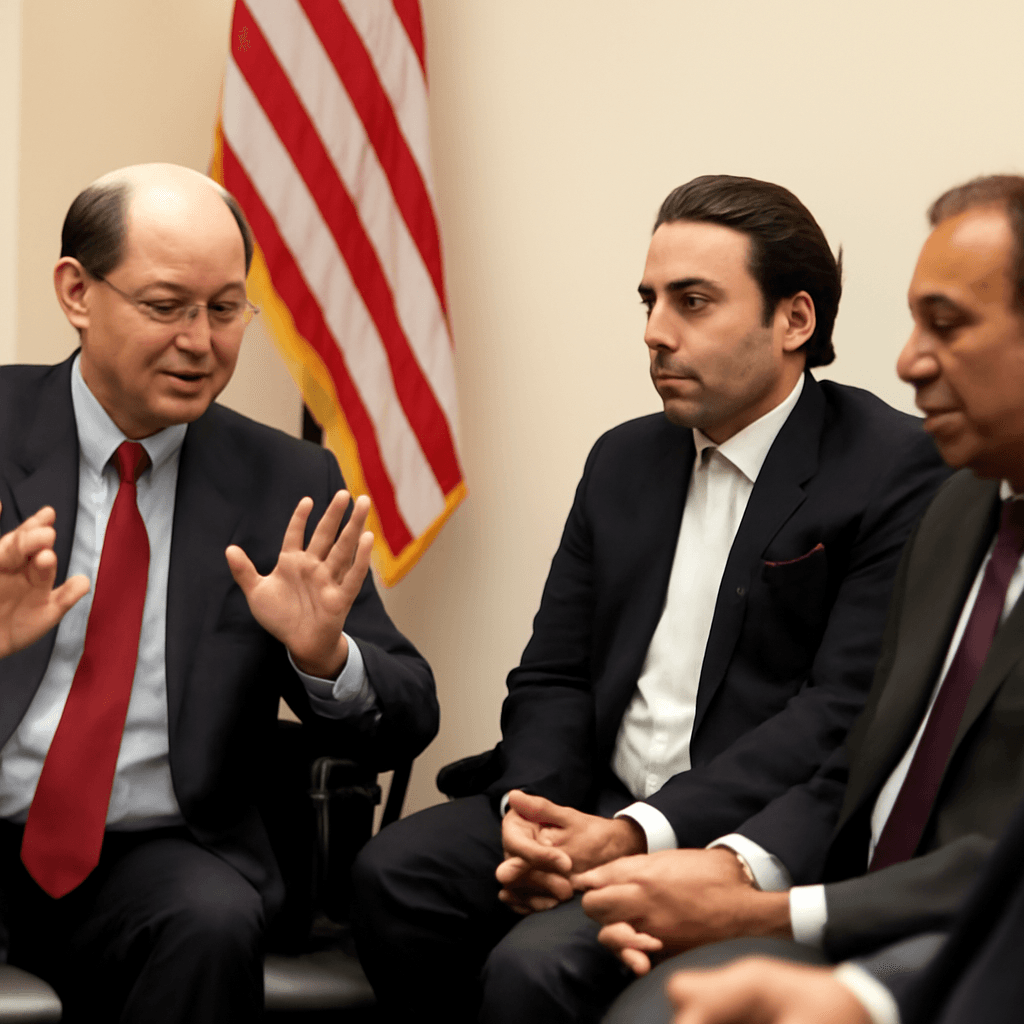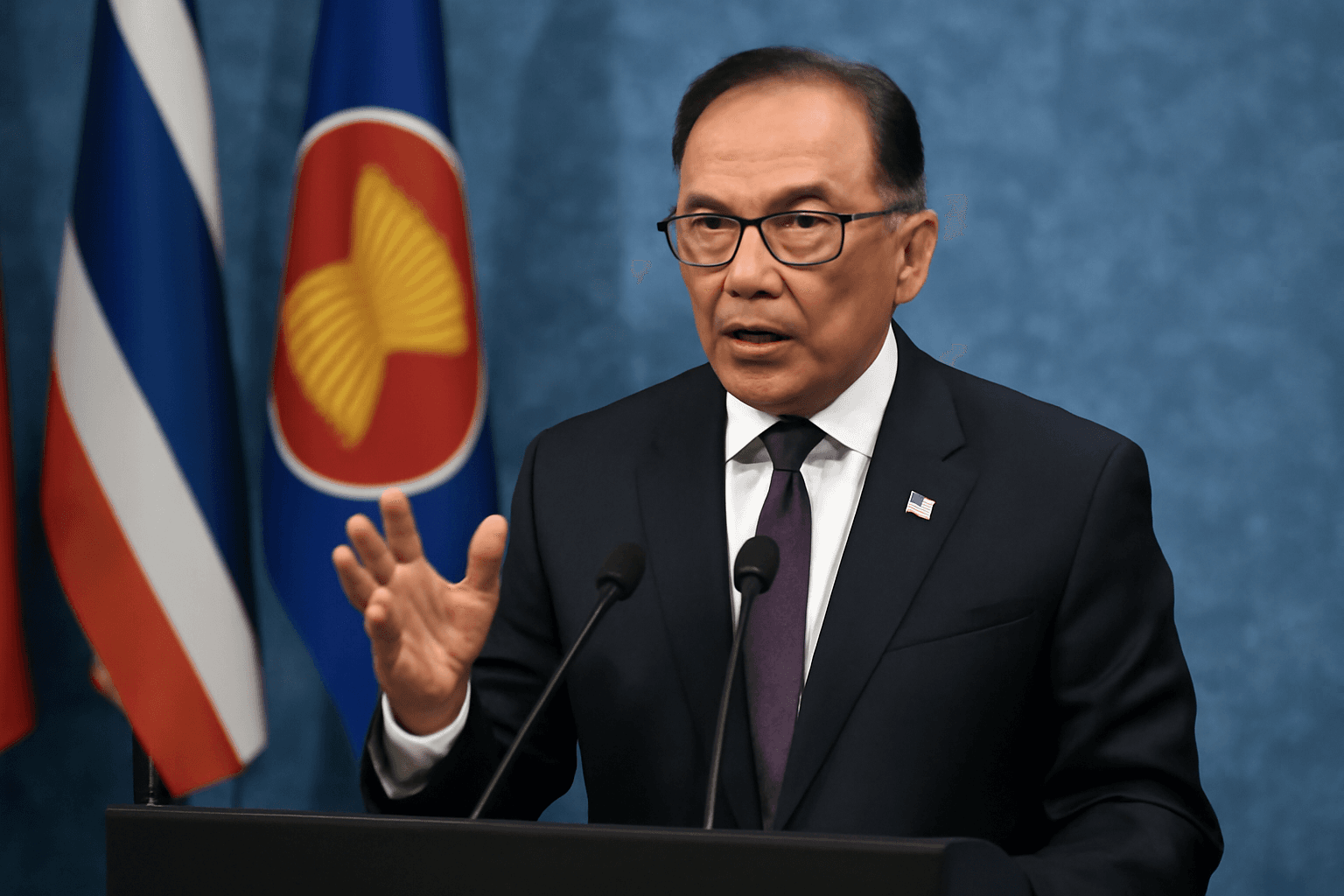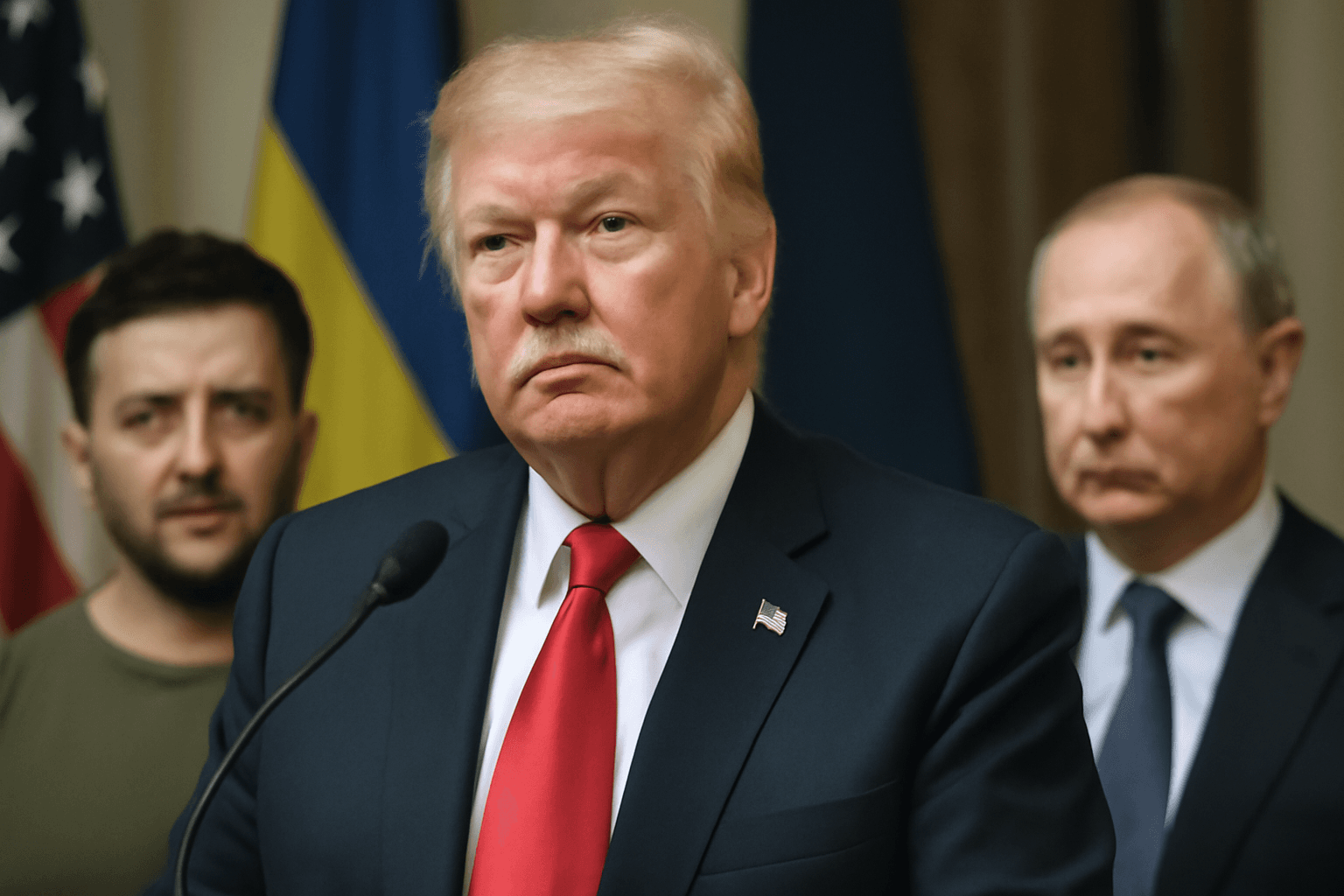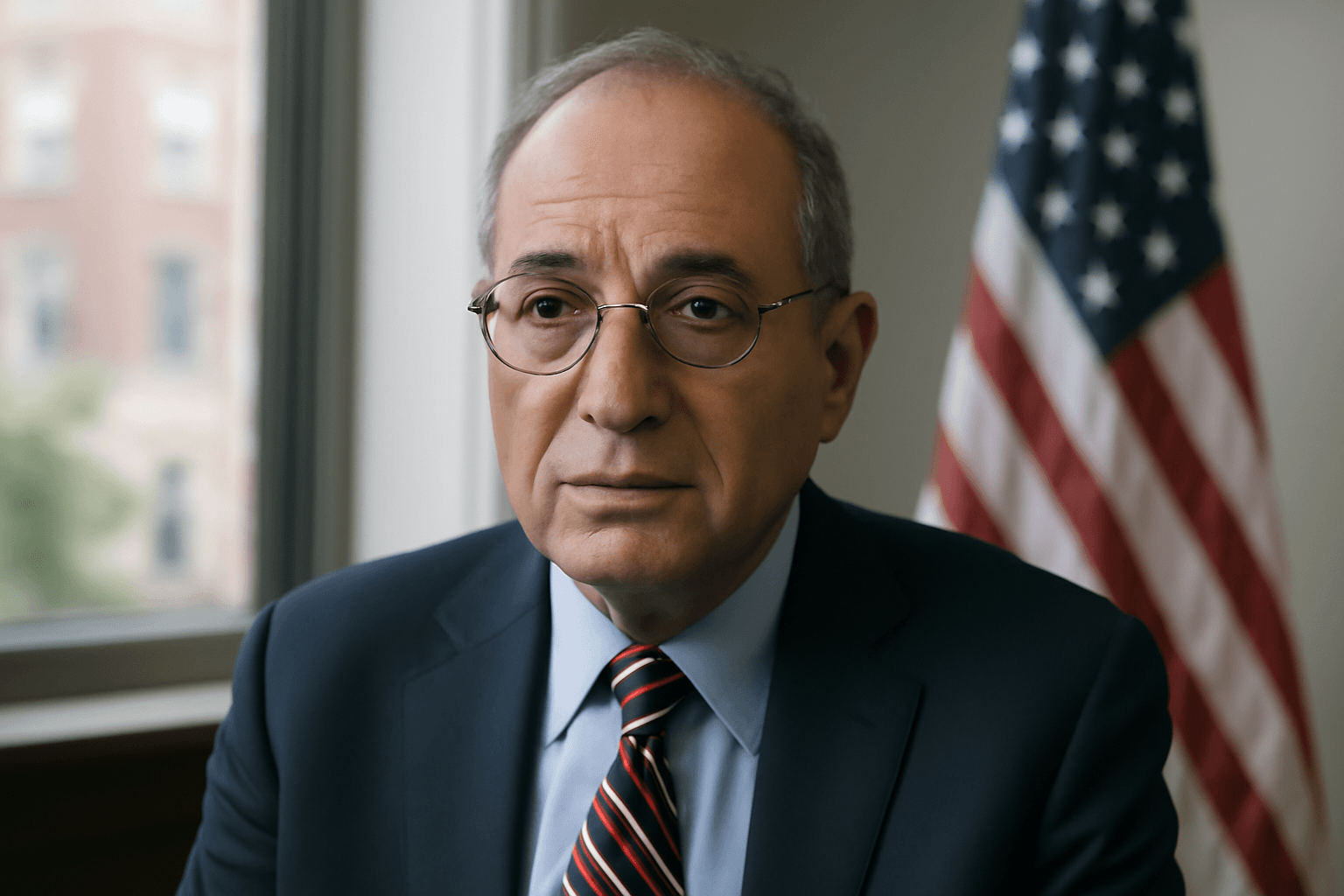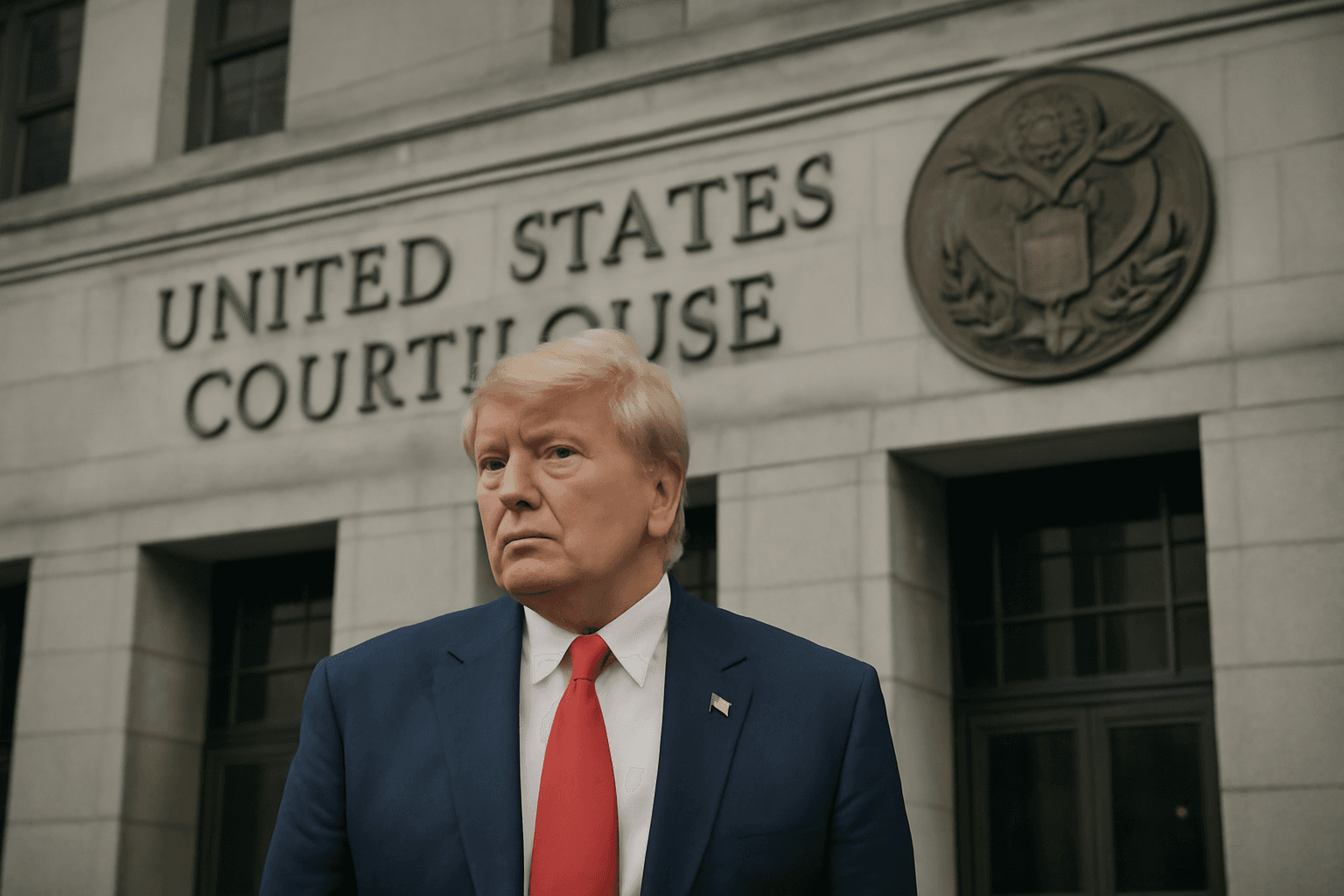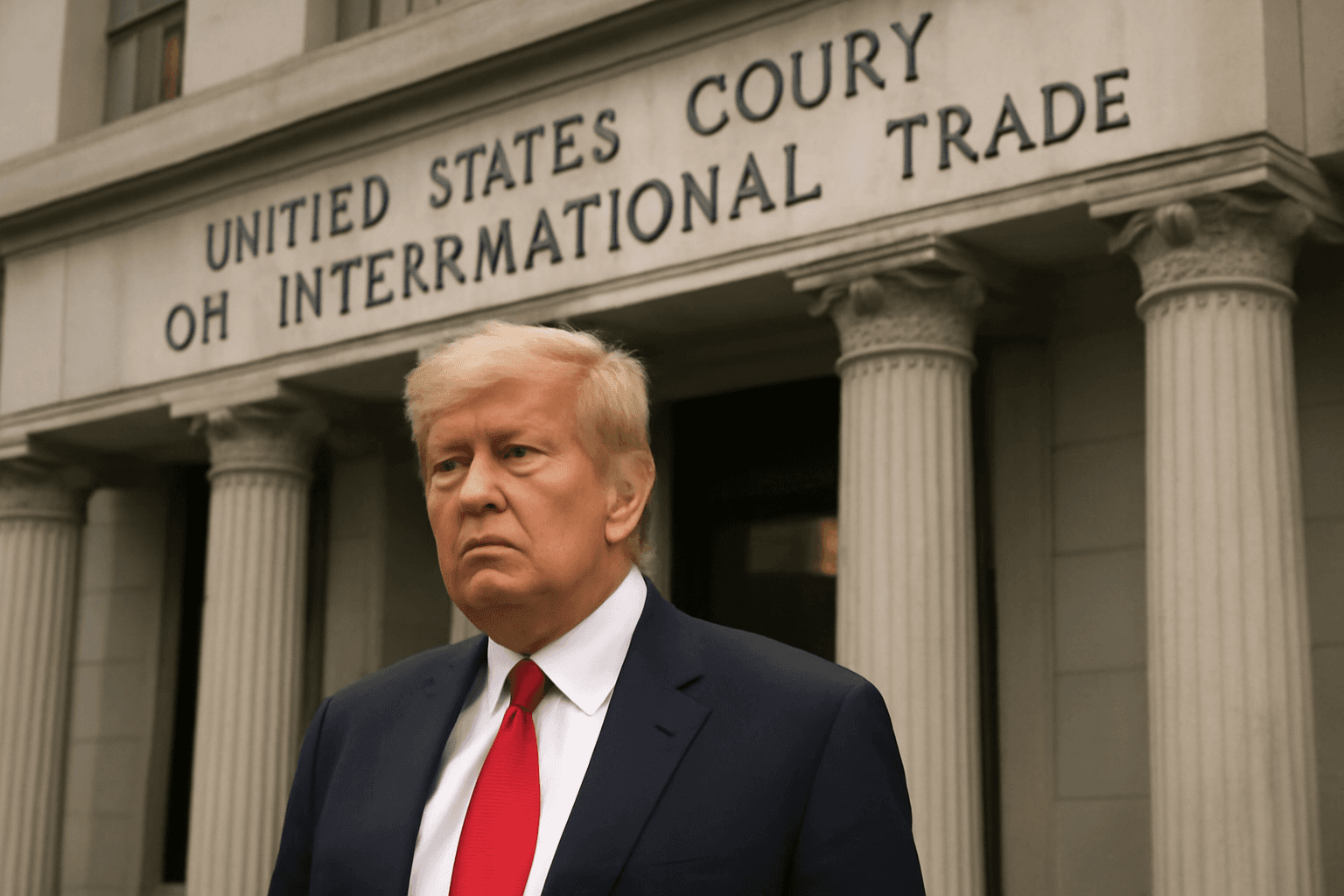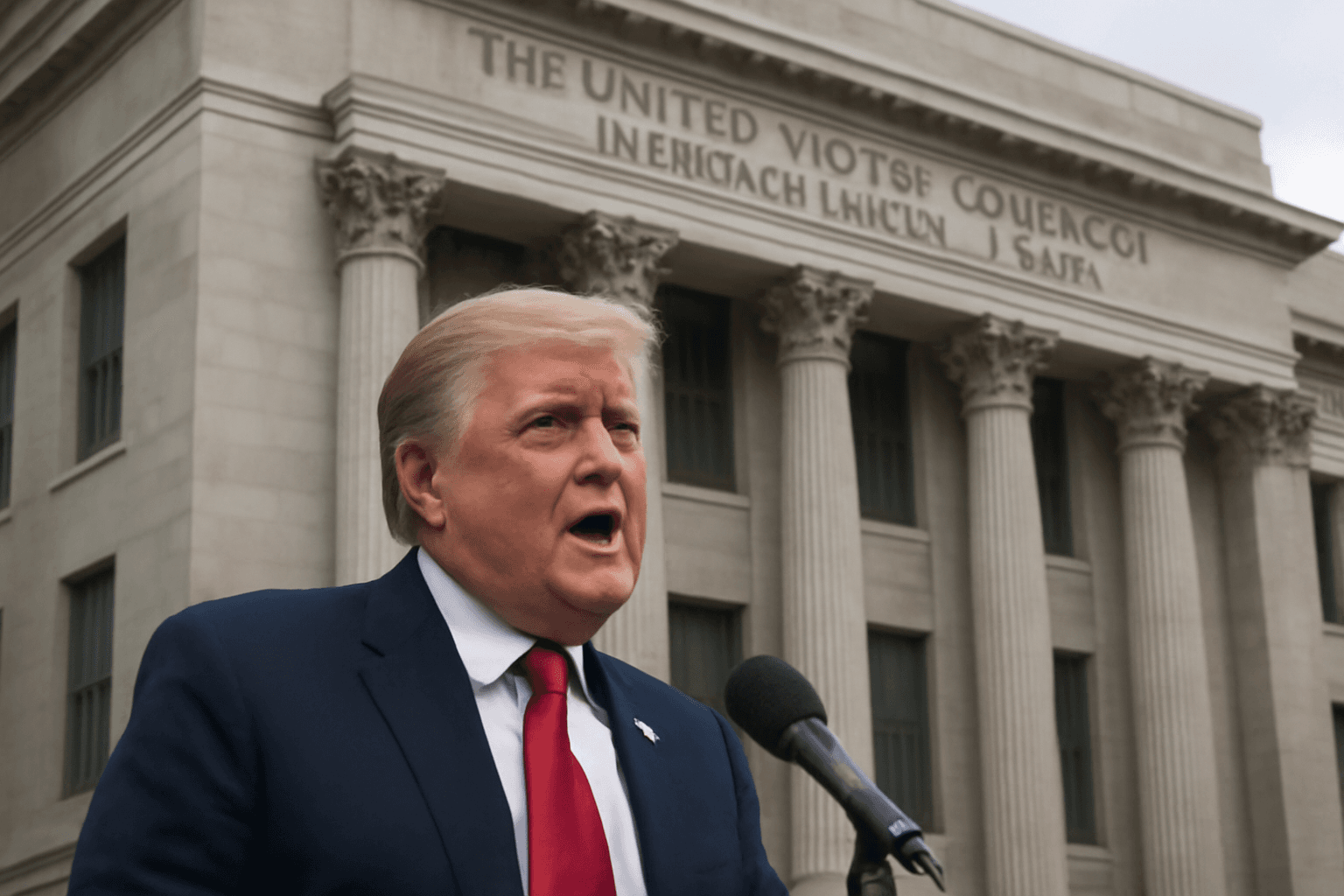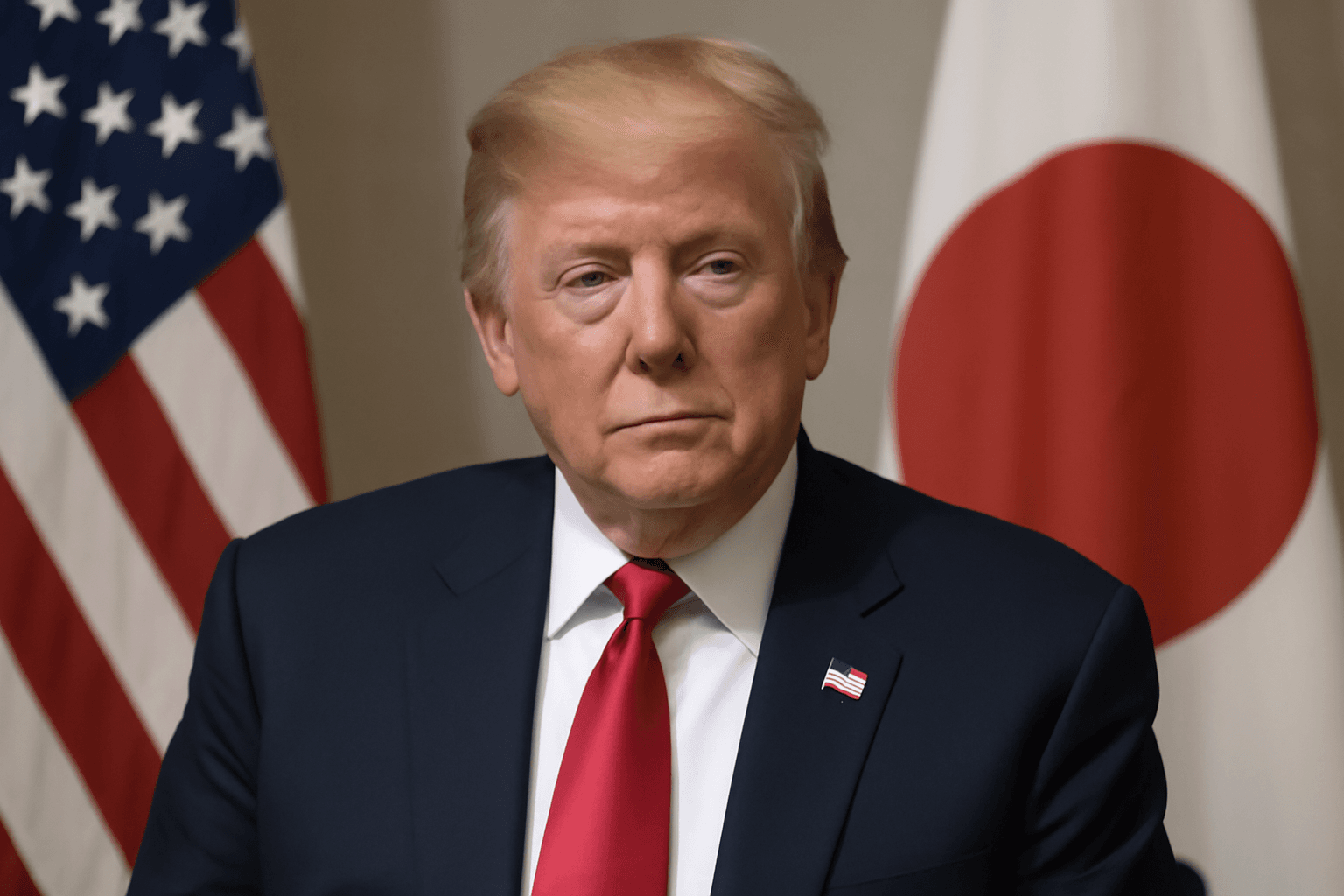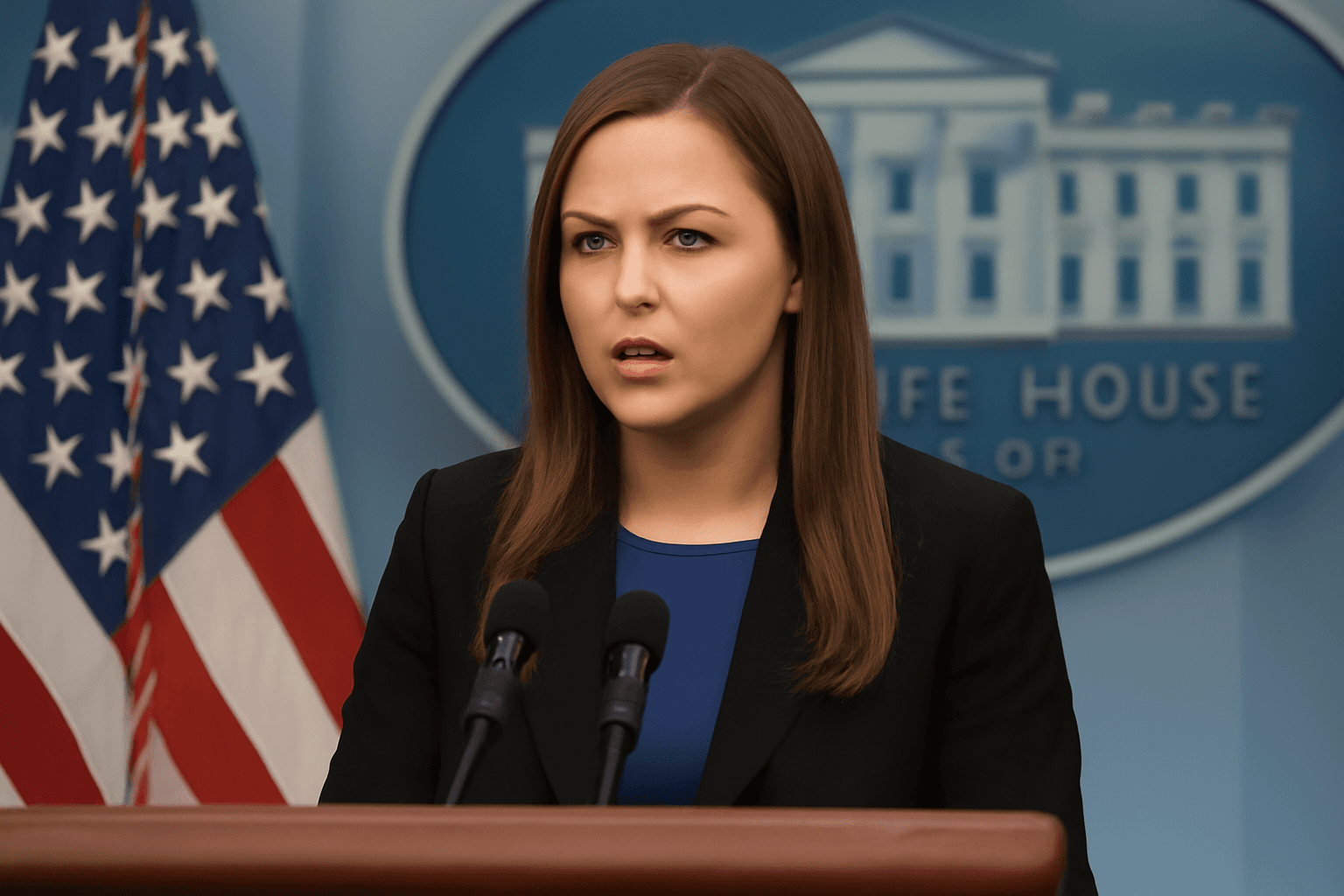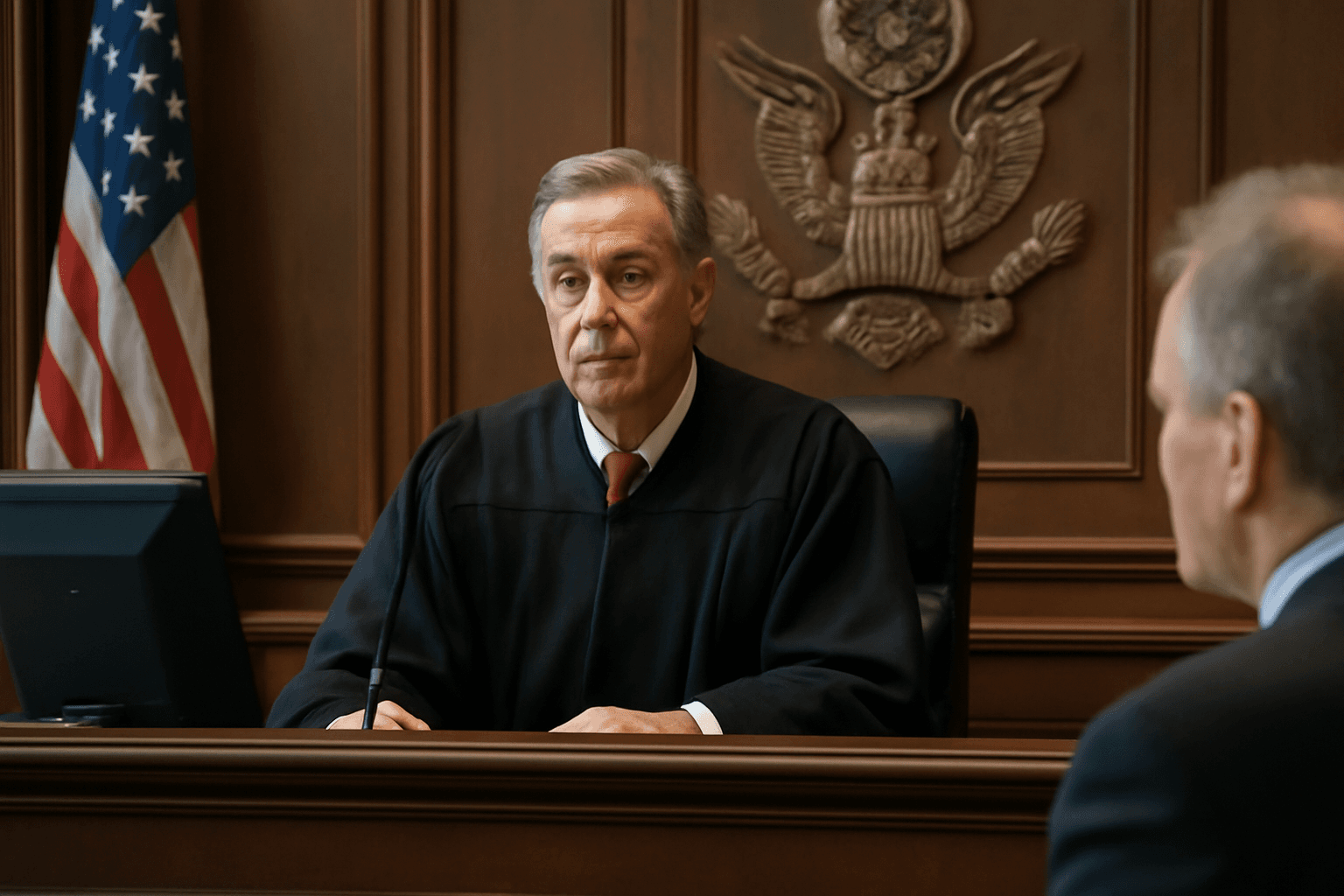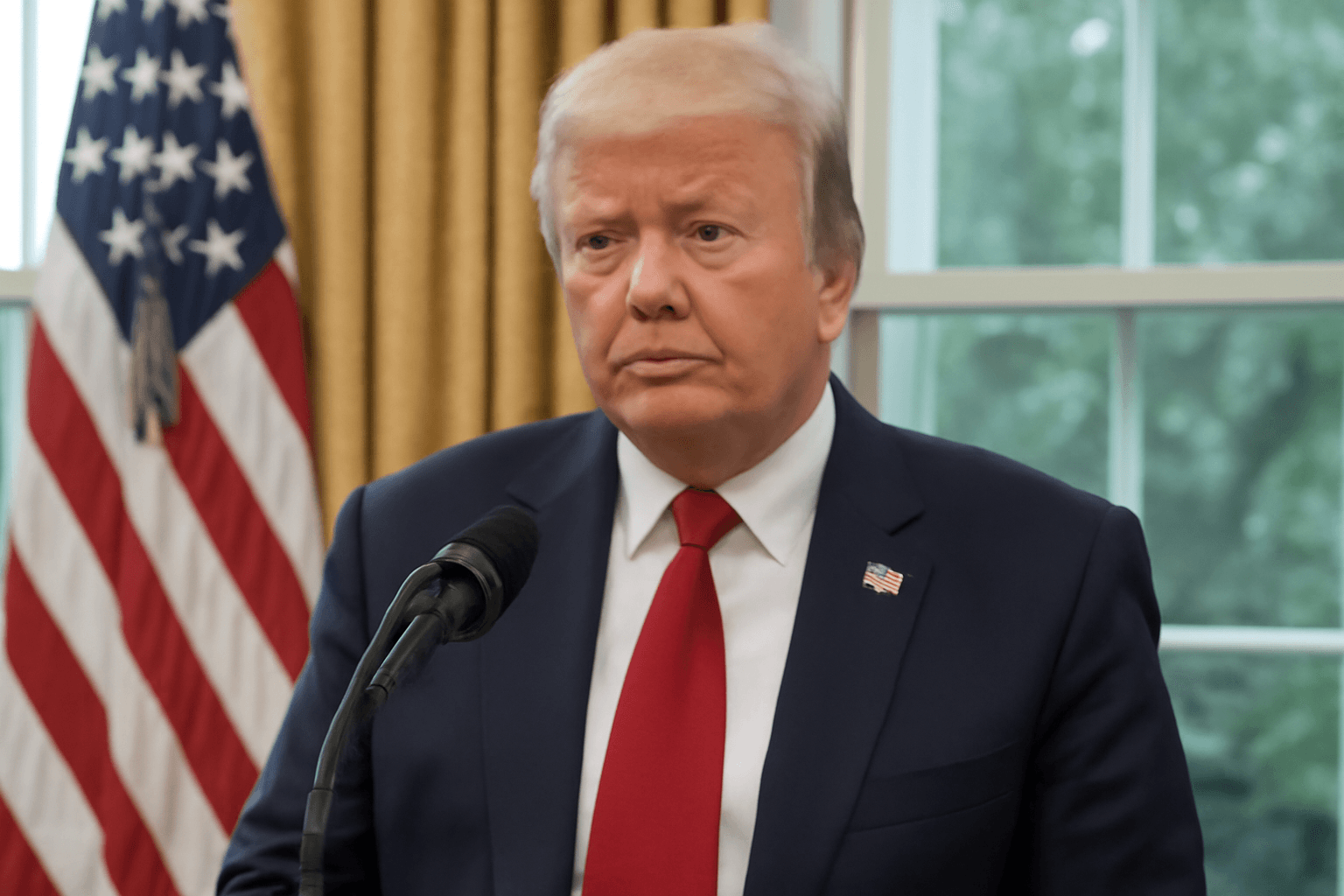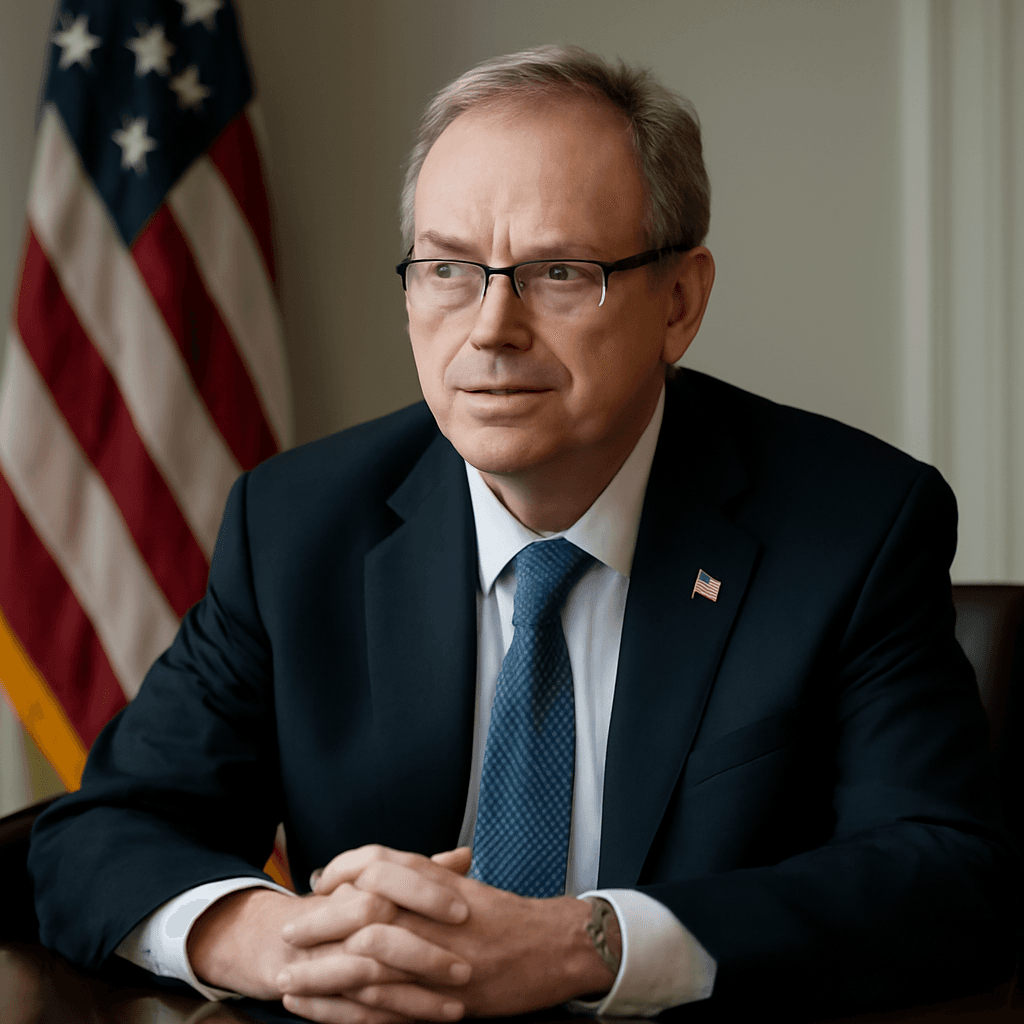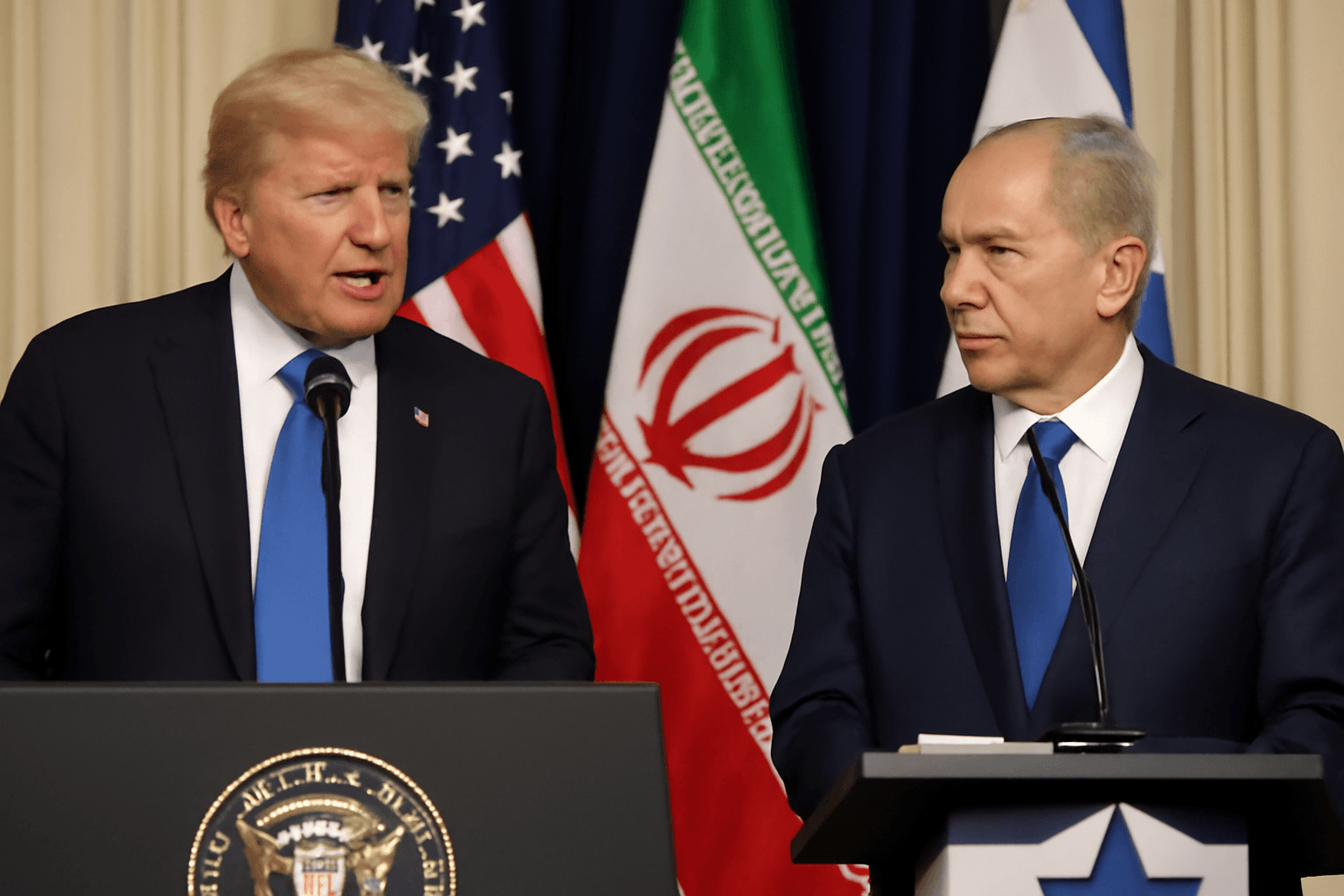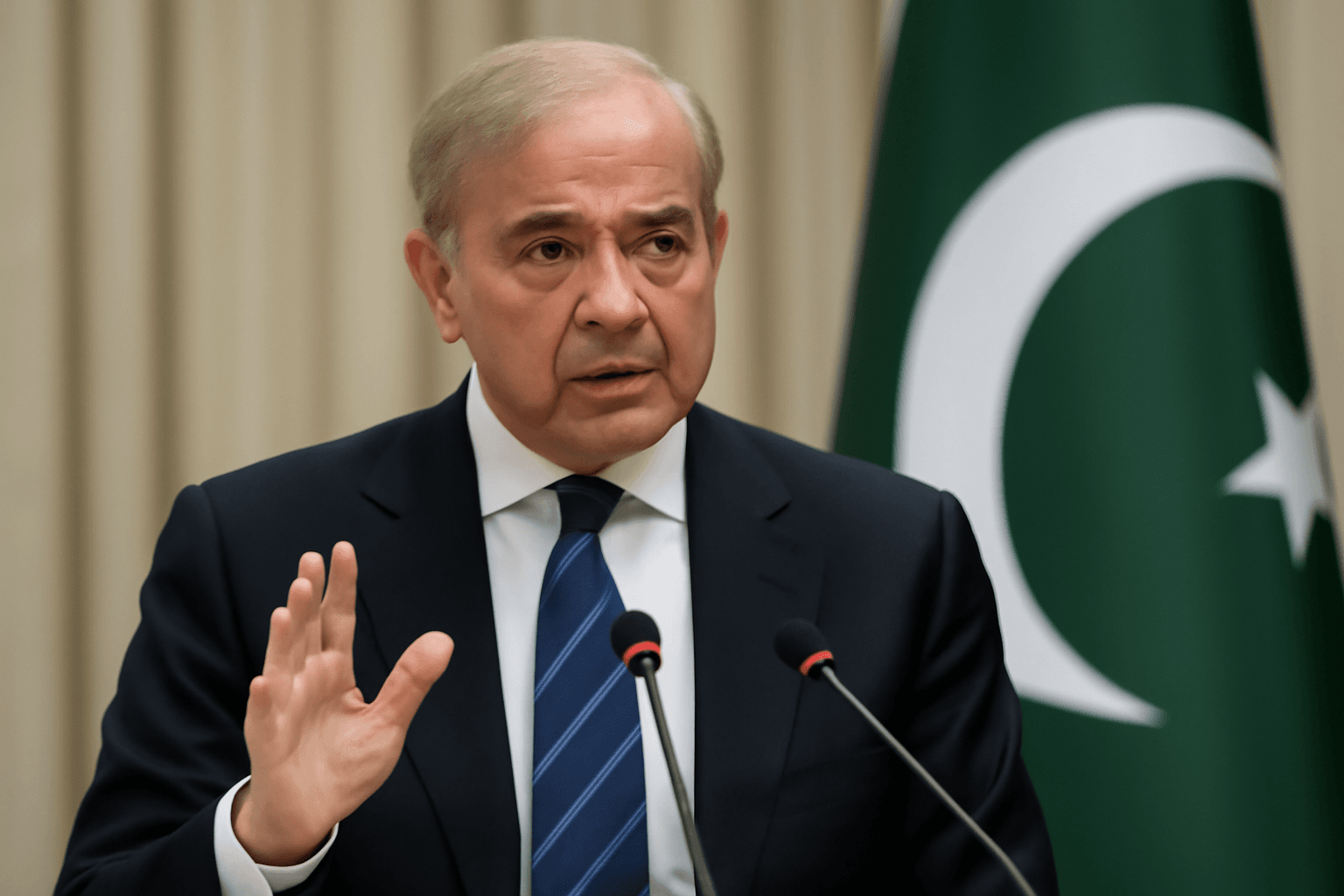Senior officials from former US President Donald Trump's administration recently asserted in a federal court that Trump's trade tariffs played a pivotal role in facilitating the ceasefire between India and Pakistan, amidst a legal challenge to these tariffs.
In a statement submitted to the US Court of International Trade, top White House representatives argued that curtailing the president’s executive authority over trade tariffs could jeopardize regional security and diminish the United States’ ability to leverage economic tools for diplomatic purposes.
While India maintains that the ceasefire emerged solely through bilateral dialogue, acknowledging only limited US engagement, Trump aides emphasized that blocking the tariffs would undermine Washington’s negotiating power in global trade and weaken the strategic effectiveness of such measures.
Key officials, including Trade Representative Jamieson Greer, Commerce Secretary Howard Lutnick, Treasury Secretary Scott Bessent, and Secretary of State Marco Rubio, filed declarations supporting the tariffs, which were imposed under the 1977 International Emergency Economic Powers Act (IEEPA).
Commerce Secretary Lutnick highlighted that the tariffs contributed to easing military tensions following escalations between India and Pakistan, stating that the ceasefire was achieved only after President Trump offered both nations enhanced trade access with the US as an incentive to avoid full-scale conflict.
However, India continues to reject any claim of international mediation, with External Affairs Minister Dr. S. Jaishankar affirming that the truce was initiated by Pakistan and agreed bilaterally.
The tensions followed a deadly terrorist attack in Kashmir, which killed 26 tourists, and India’s retaliatory strikes on terror camps in Pakistan, leading to heightened military confrontations.
Lutnick also asserted that increased tariffs on China pressured the nation into diplomatic negotiations, underscoring tariffs as critical tools in the US national security framework. He warned that invalidating presidential powers under IEEPA would weaken the government’s capacity to respond to foreign threats and disrupt coordination of foreign economic policy.
Despite these defenses, a three-judge panel ruled that the sweeping tariffs overstepped legal authority granted under IEEPA, stating the tariffs exceeded the president’s power to regulate importation through such measures. The court did not contest the efficacy of tariffs as a policy tool but found their legal application impermissible.
Following the ruling, the Trump administration has filed a notice of appeal, and White House officials have publicly challenged the court’s jurisdiction.

